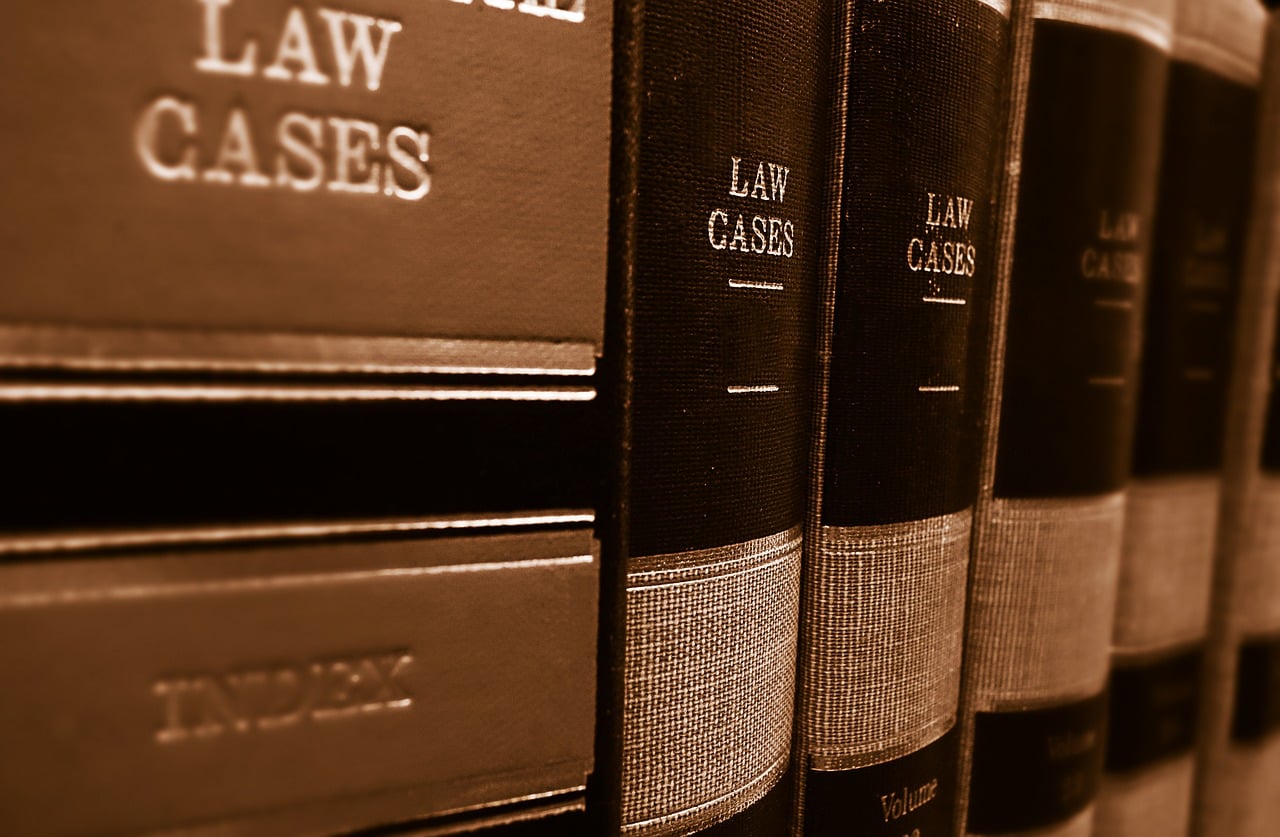Impeachment of Lt. Gov. Justin Fairfax Off For Now; Perhaps Because It’s Contrary to Law, Although It Might Work
WASHINGTON, D.C. (February 11, 2019) – Delegate Patrick Hope, who had announced his plans to file articles of impeachment against Lt. Gov. Justin Fairfax on Monday for two separate allegations of sexual misconduct, has backed off, suddenly saying “there has been an enormous amount of sincere and thoughtful feedback which has led to additional conversations that need to take place before anything is filed.”
Q4 hedge fund letters, conference, scoops etc
Perhaps he is referring to my legal analysis, which parallels that of many others, that the remedy of impeachment is reserved for wrongdoing committed while a government office is in office, rather than for actions decades ago even if they amounted to serious crimes, says public interest law professor John Banzhaf.
For example. as the Wall Street Journal reported: "Impeachment would be a difficult process, according to George Washington University law professor John Banzhaf."
Nevertheless, Banzhaf has suggested that, since investigations by either the FBI or Virginia law enforcement agencies seems very unlikely, moving ahead with an investigation sparked by the filing of articles of impeachment might be the best way to deal with all these uncertainties - especially if Fairfax and his supporters agree.
Indeed, as a spokeswoman for Fairfax said, "the Lt. Governor is aggressively exploring options for a thorough, independent, and impartial investigation of these allegations."
Thus, an impeachment investigation, including public hearings, might be best for everyone: e.g., both accusers have said they would cooperate with such an investigation; the Virginia Republican Party has called for a thorough investigation; it would avoid the awkwardness of prominent Democrats having to call for his resignation without any opportunity for him to effectively refute the charges; and Fairfax himself has demanded one.
Indeed, in claiming that the charges against him are "demonstrably false," he seemingly suggests that he would be able to disprove them if only he were given an opportunity to do so.
"Demonstrably" is variously defined as capable of being proved, demonstrable incontrovertibly or beyond the possibility of doubt, etc. So Fairfax is seemingly promising not just that he would deny the accusations under oath; he is asserting that he has clear and incontrovertible proof of his innocence.
If he in fact has such proof as he claims, it is hard to argue that he should not be able to present it in an appropriate hearing, even if it cannot lead to an impeachment, suggests Banzhaf. Moreover, his words suggest that he would not object to such an investigation, despite having possible legal arguments against it.
In short, while legislators may not be legally bound by what appears in the Constitution, and courts may be reluctant to permit a challenge to an impeachment investigation just because it might be contrary to judicial readings of the constitutional standards - especially if the accused not only fails to object but has in fact called for such an investigation - it does appear that the law regarding impeachment is on Fairfax's side, whatever that may mean in practice.
On the other hand, a hearing that most (including the accused) seem to favor, where all parties would be able to relate their version of events in detail far greater than in carefully scripted statements by their attorneys, where they would be required to testify under the threat of perjury, and where they would be subject to cross examination - "beyond any doubt the greatest legal engine ever invented for the discovery of truth" - is obviously preferable to a trial in the court of public opinion.
JOHN F. BANZHAF III, B.S.E.E., J.D., Sc.D.
Professor of Public Interest Law
George Washington University Law School,
FAMRI Dr. William Cahan Distinguished Professor,
Fellow, World Technology Network,
Founder, Action on Smoking and Health (ASH),
2000 H Street, NW, Wash, DC 20052, USA
(202) 994-7229 // (703) 527-8418
http://banzhaf.net/ jbanzhaf3ATgmail.com @profbanzhaf





